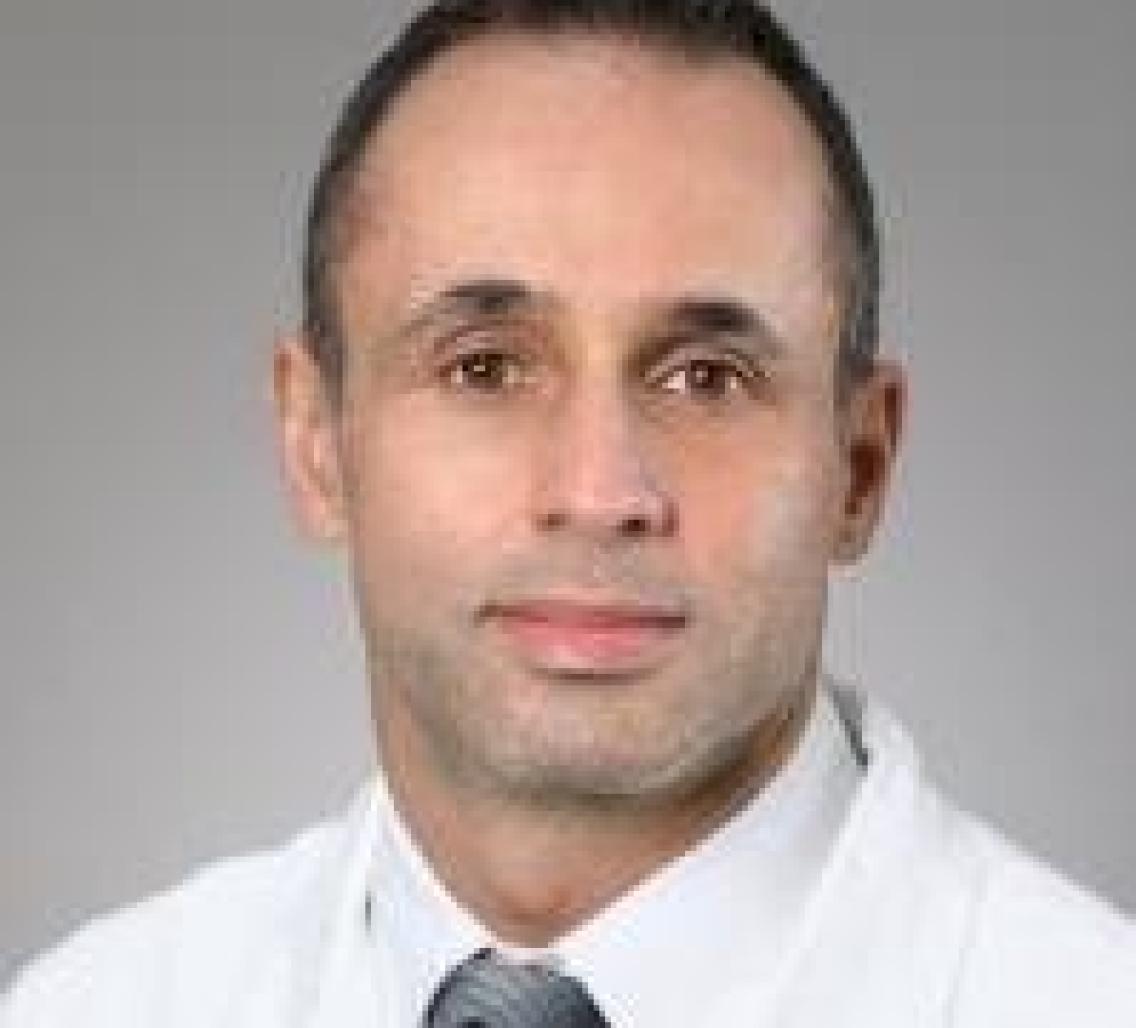Event Details:

Join us at Gunn Rotunda in the Stanford Neurosciences Building to learn about the latest cutting-edge, cross-disciplinary brain research, from biochemistry to behavior and beyond
Wu Tsai Neuro's weekly seminar series is back to being held in-person since Fall 2022. Masking is strongly encouraged for the health and safety of our community Join the speaker for coffee, cookies, and conversation after the talk
Neural mechanisms of human episodic memory formation
Abstract
Memory is critical to our everyday experience. We rely upon our memories not only to form our own sense of identity, but also to guide and plan our future actions and behaviors. Understanding the neural mechanisms that underlie human memory formation is therefore critical in order to effectively treat memory disorders which are present in some of the most debilitating yet poorly managed neurological diseases. Our research efforts are focused on investigating the neural correlates of human episodic memory formation by leveraging the opportunities to directly record neural activity across multiple spatial scales from the human brain in patients receiving surgical treatment for drug resistant epilepsy. At larger spatial scales, we find that both specific patterns of localized neural activity and dynamic connections between brain regions emerge as people encode individual items into memory, and similar patterns of activity and connectivity are reinstated when people retrieve those same items from memory. At the smallest spatial scale, we find that populations of individual neurons in the anterior temporal lobe exhibit temporally organized sequences of spiking activity that are specific to the individual items people are encoding into memory, and that similar sequences are replayed when people retrieve those items from memory. The sequences of spiking activity are ordered based on the semantic category of the individual items, suggesting that sequences of spiking activity may be a fundamental unit of information in the human brain. In addition, these sequences of spiking activity are distributed across spatially contiguous yet distinct functional modules that are approximately the same size as the cortical columns hypothesized to exist throughout the human brain, suggesting a functional organization to how information is encoded across neuronal populations. Together, our results provide novel insights into how information specific to individual memories is represented in the brain, and how this information is accessed as people recall previous experiences from memory.
Kareem Zaghloul
NINDS (National Institute of Neurological Disorders and Stroke)
Dr. Zaghloul received his B.Sc. degree from MIT in 1995 and his M.D. and Ph.D. degrees from the University of Pennsylvania in 2003. His graduate work focused on developing silicon models of visual processing in the mammalian retina with Dr. Kwabena Boahen. Dr. Zaghloul completed a residency in Neurological Surgery in 2010 from the University of Pennsylvania. During this time, he completed postdoctoral research with Dr. Michael Kahana, investigating the neural correlates of human memory encoding, decision, and reward. Dr. Zaghloul has completed clinical fellowships in Epilepsy Surgery and in DBS Surgery. Dr. Zaghloul joined NINDS as a Staff Clinician in 2010, and as an Investigator in 2013. His laboratory is focused on investigating the neural mechanisms underlying human cognitive function.
Hosted by - Max Kanwal (Kwabena Boahen Lab)
About the Wu Tsai Neuro Seminar Series
The Wu Tsai Neurosciences Institute seminar series brings together the Stanford neuroscience community to discuss cutting-edge, cross-disciplinary brain research, from biochemistry to behavior and beyond.
Topics include new discoveries in fundamental neurobiology; advances in human and translational neuroscience; insights from computational and theoretical neuroscience; and the development of novel research technologies and neuro-engineering breakthroughs.
Unless otherwise noted, seminars are held Thursdays at 12:00 noon PT.